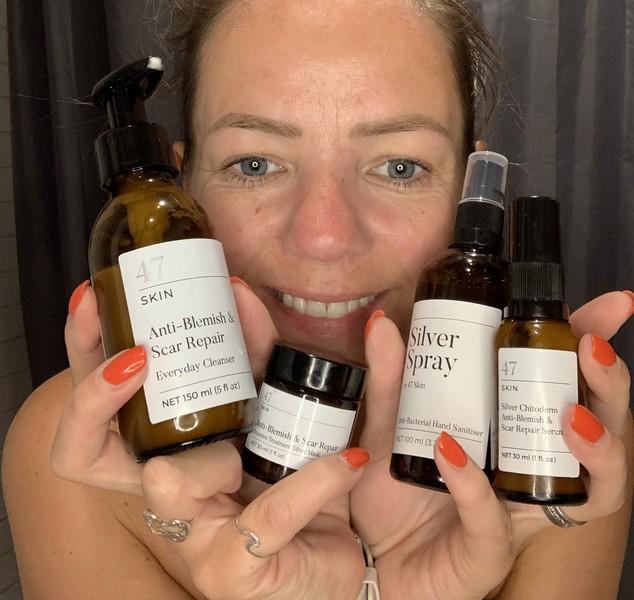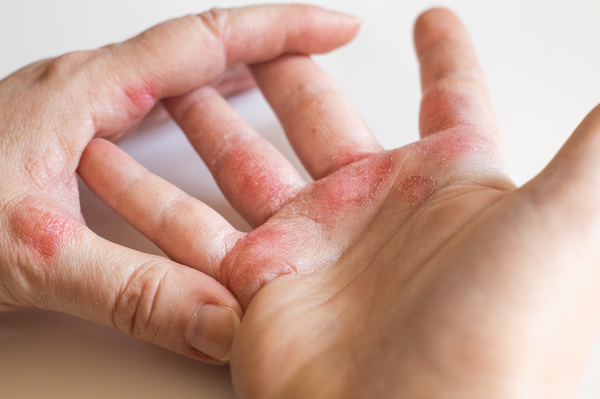
How to treat Eczema & dry, itchy skin
How to treat Eczema & dry, itchy skin
There's nothing worse than dry, itchy skin, especially if you don't know why it's happening.
There are many different causes it could be - one of the most common reasons being Atopic eczema (atopic dermatitis) which causes the skin to become dry, itchy and cracked, due to a reaction with something in your environment.
This can be anything from dust particles in the air to your laundry detergent.
It can flare up at any time, even when no lifestyle changes have been made.
This means that for many people, it can be almost impossible to figure out the exact cause, making it an extremely frustrating condition to live with.
It often goes away on its own but can be a case of managing triggers and symptoms, long term.
It’s commonly found on the hands, inside of the elbow and backs of the knees and the face but it can occur anywhere on the body.
What causes Eczema?
Eczema is not contagious and usually flares up from certain triggers, which vary, depending on the person.
Some of the most common triggers are:
- Irritants – such as soaps, skin care products, detergents, shampoo, washing-up liquid and bubble bath
- Environmental allergens – such as cold and dry weather, dampness, house dust mites, pet fur, pollen and moulds
- Food allergies – such as allergies to cows' milk, eggs, peanuts, soya or wheat
- Clothes – such as wool and synthetic fabrics
- Hormonal changes – women may find their symptoms get worse in the days before their period or during pregnancy
- Skin infections
- Heat/ sweat
How does Eczema affect people?
Eczema can be an incredibly uncomfortable condition to live with, especially if it’s severe. Having constant itchy and inflamed skin can have a major impact on your mental and physical wellbeing.
But there are many things you can do to help get your symptoms under control.
How to reduce your dry, itchy skin
1) See your GP. If you haven’t already, consult your GP if you have symptoms of Eczema which won’t go away. They can diagnose you and prescribe topical creams/ antibiotics to reduce itching and help soothe your skin.
2) Try not to scratch (as hard as it is) as this will make it worse and can cause infection– try tapping the skin lightly instead and applying an anti-itching cream such as hydrocortisone. Keeping your nails short or wearing gloves can also help reduce damage to your skin if you can’t help scratching.
3) Avoid applying perfumed soaps and skin care to the affected area, as this may irritate your skin further.
4) Moisturise twice a day with a basic moisturiser to keep your skin lubricated and reduce dryness.
5) Taking antihistamines can also be used for reducing severe itching.
6) Have a lukewarm bath with Colloidal oatmeal and soak in it for 10-15 minutes. This helps to calm and soften inflamed skin.
7) See a Dermatologist. If your Eczema is really affecting your quality of life, making an appointment with a dermatologist (or seeing if your GP will refer you) could be a good idea, as their specialist knowledge in this area is worth investing in.
8) Some of our customers have found that using our Super Hydrating Elixir alongside their serum has helped to improve their dry, itchy skin. The Elixir draws moisture to the surface of the skin and contains HA to help plump and hydrate the skin, alleviating the symptoms of dry, eczema prone skin. However, everyone's skin types and medical history is different so always chat to your GP before trying this, particularly if your symptoms are severe.
9) Chat to a friend or counsellor. If you find your symptoms are really affecting your mental health, opening up to a loved one or counsellor can really help you find a better way to think about your condition.
10) Relaxation techniques. Often, stress can be a trigger for Eczema (and when you get stressed out about your eczema symptoms, it can leave you in a vicious cycle). Try ‘Yoga with Adrienne’ on Youtube, where she has loads of great videos for meditation, breathing techniques and yoga.
Do you have any more tips for managing Eczema symptoms that you think might help our community? Share them in the comments below.

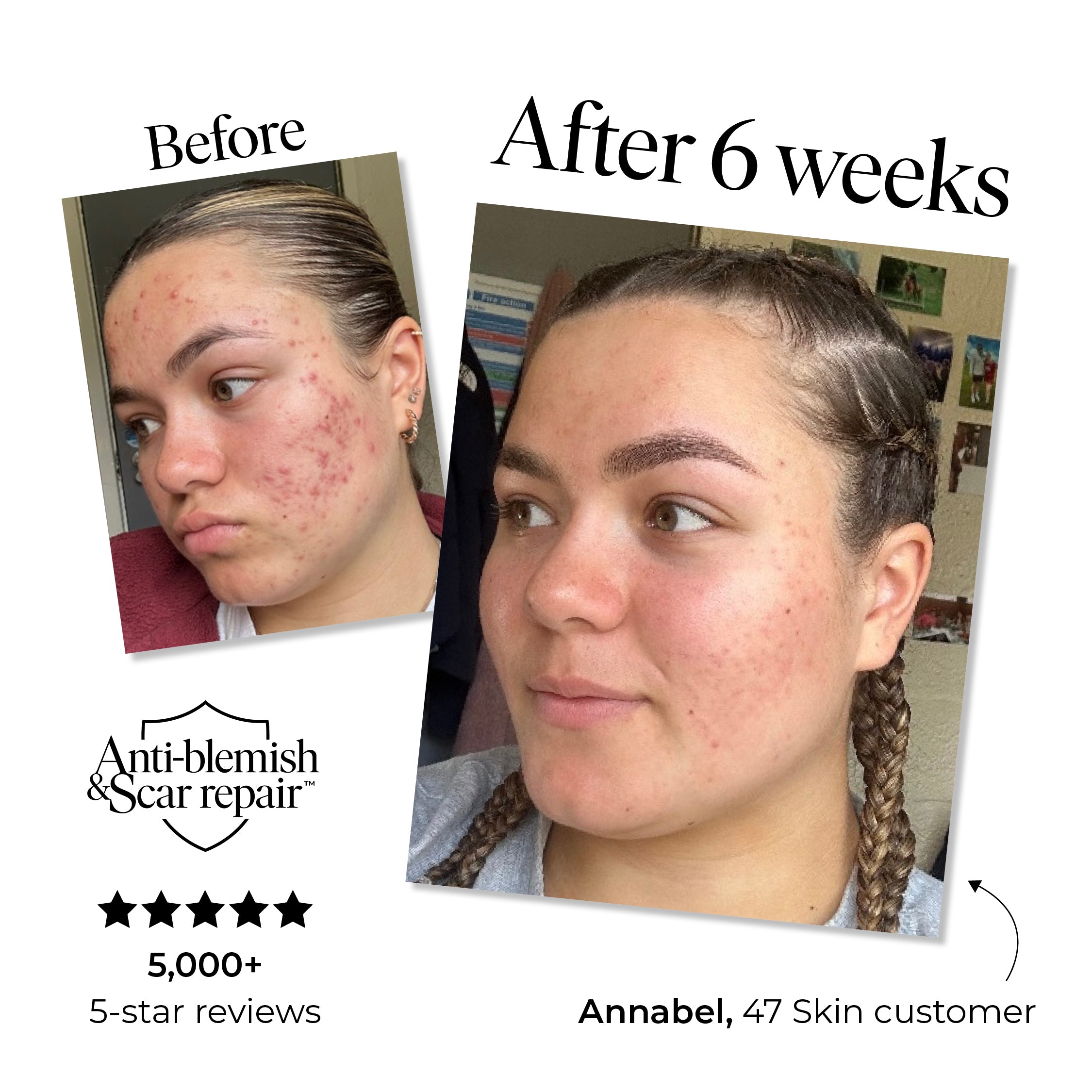
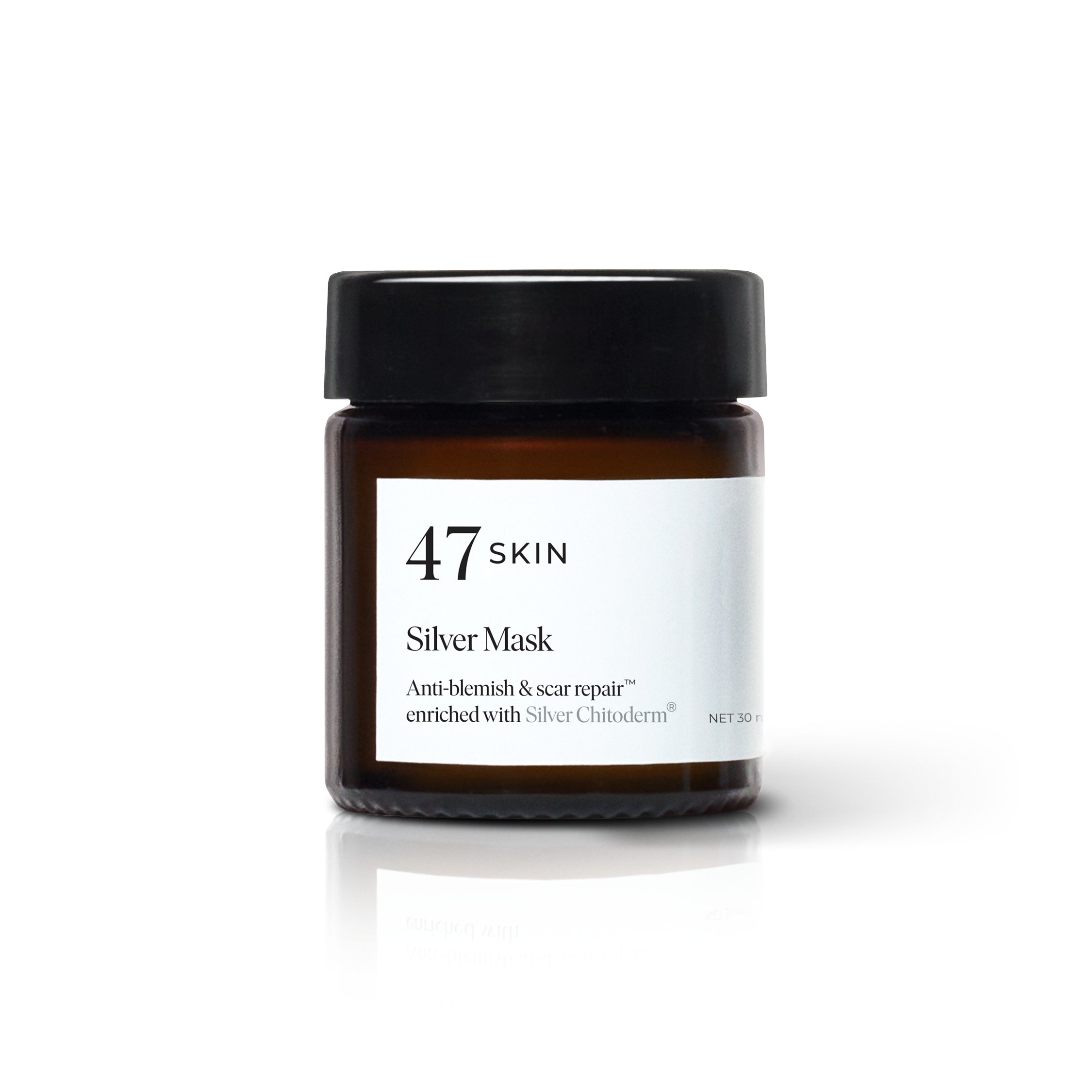
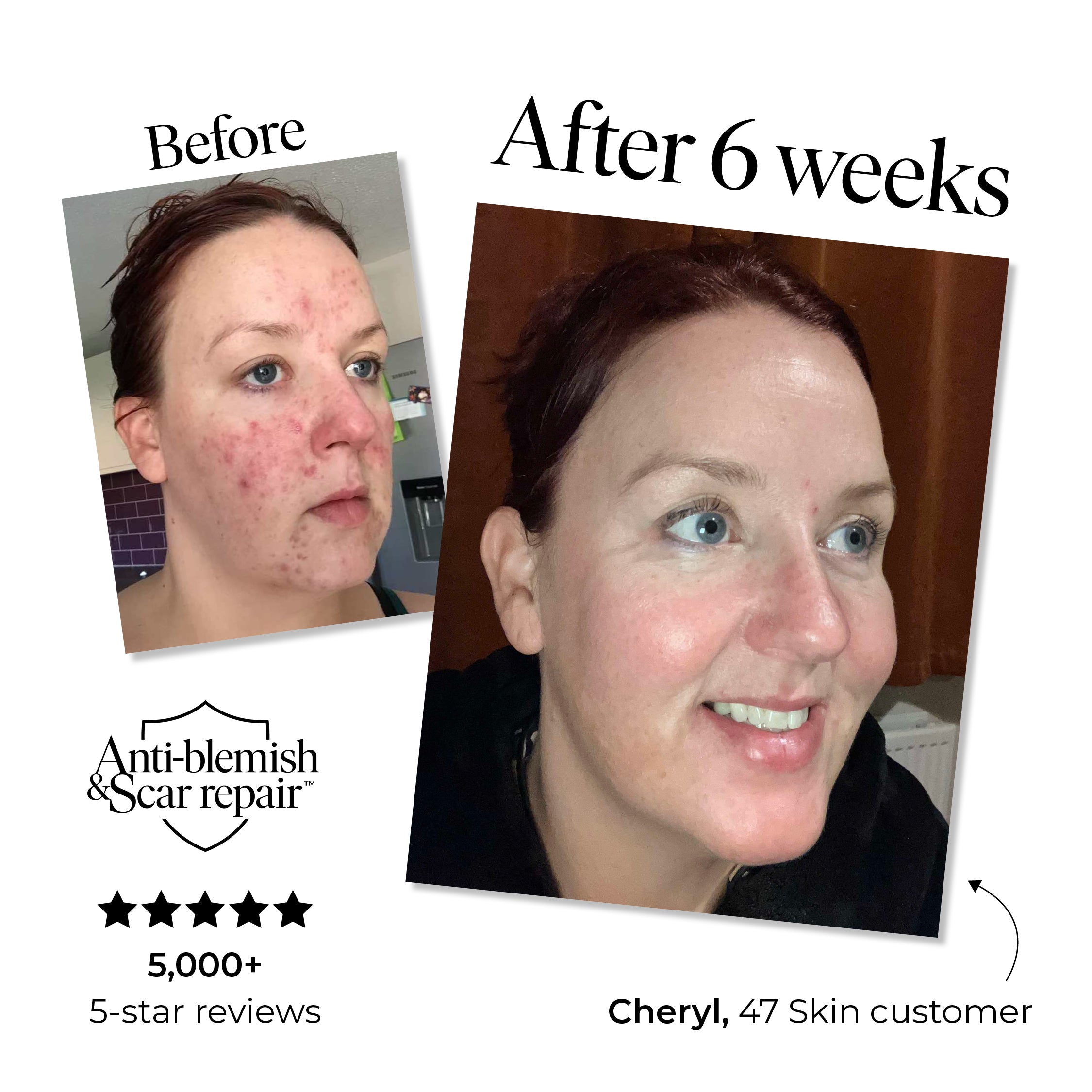
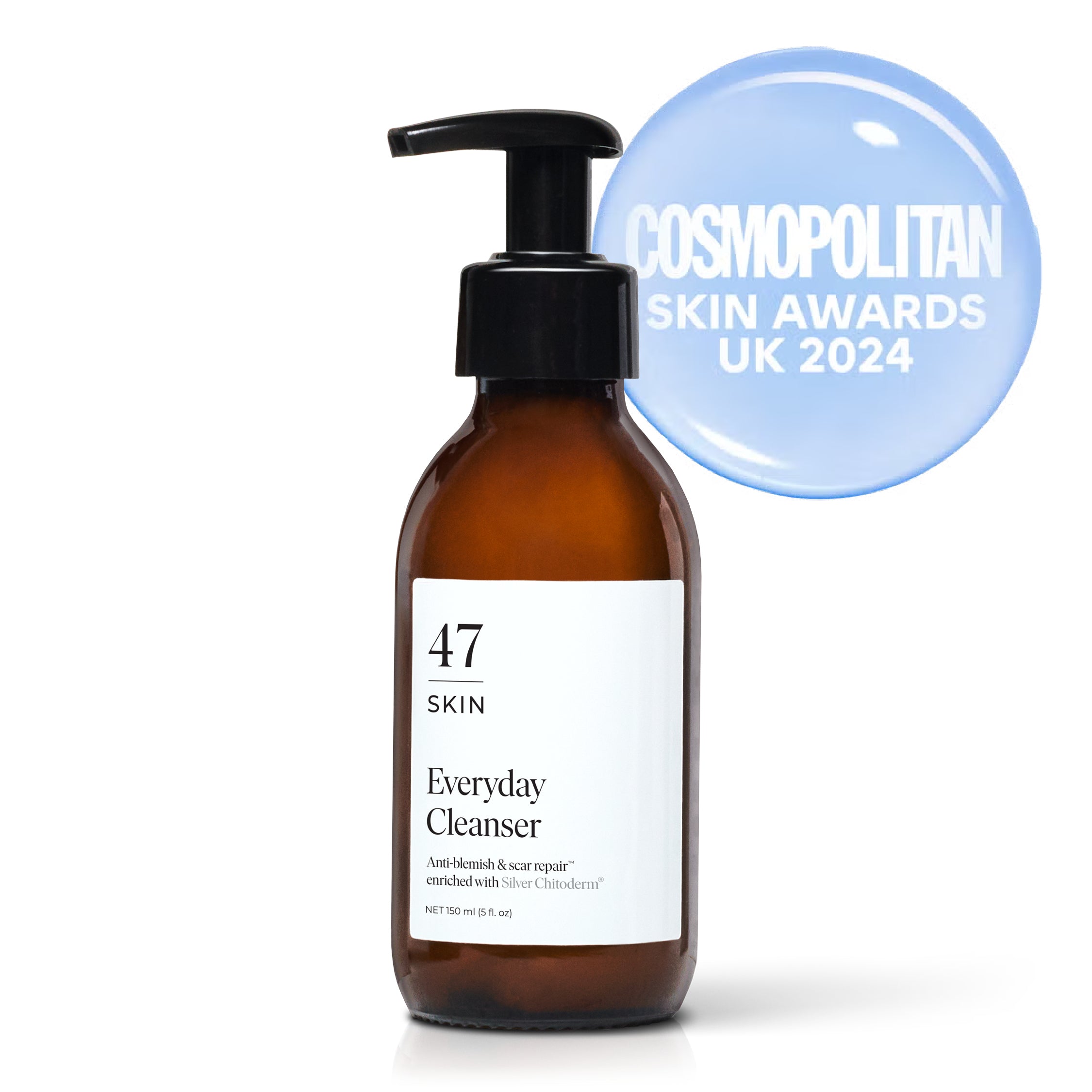
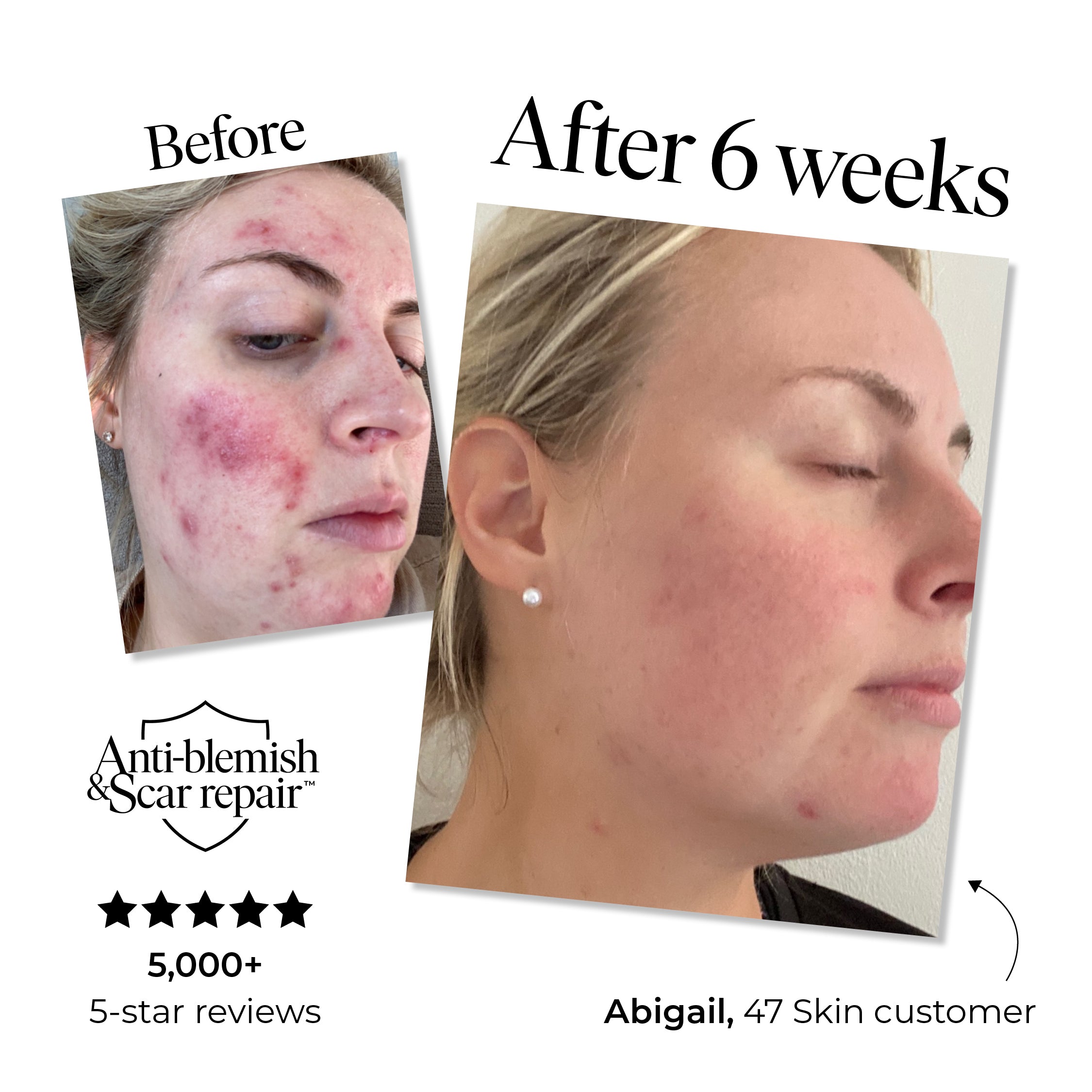
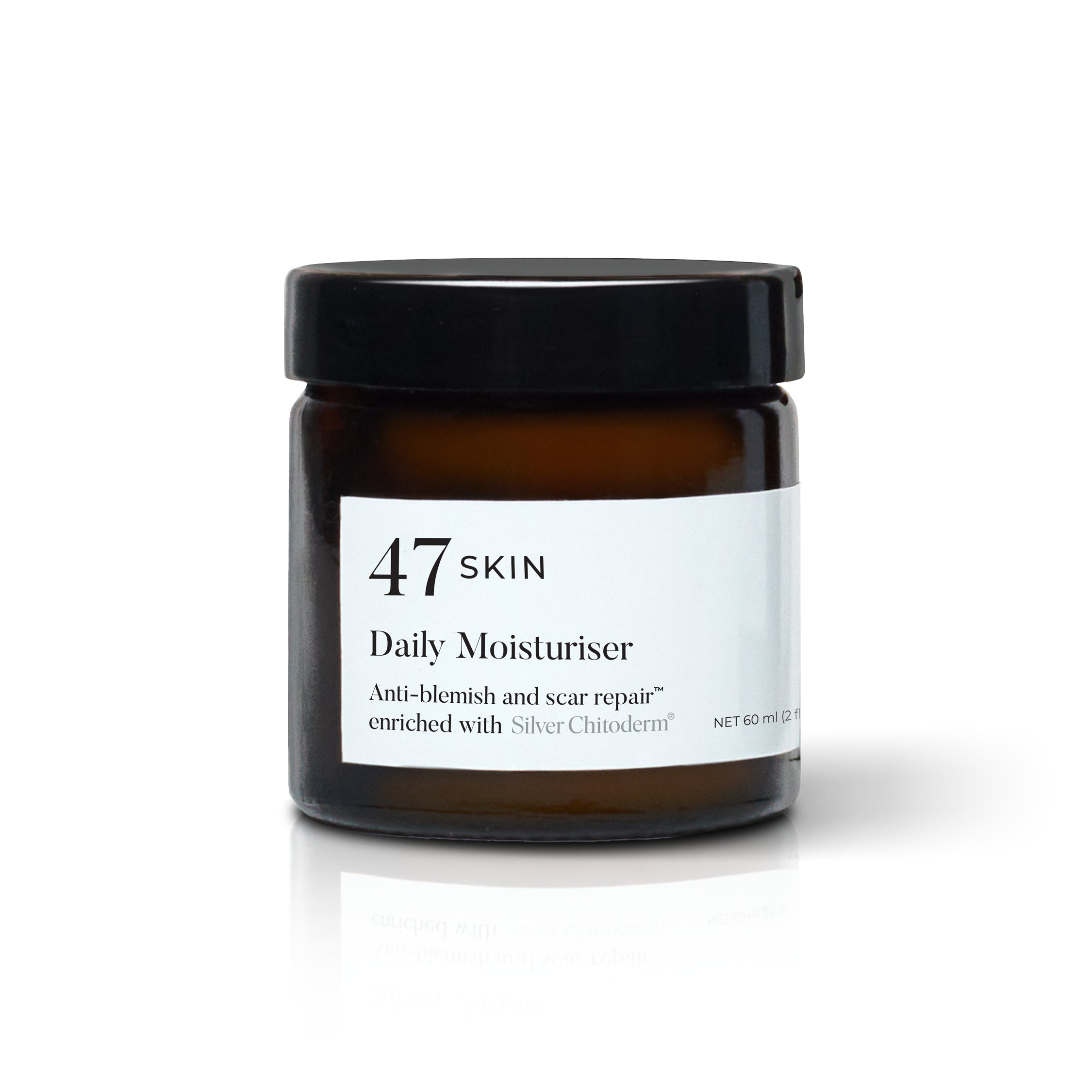
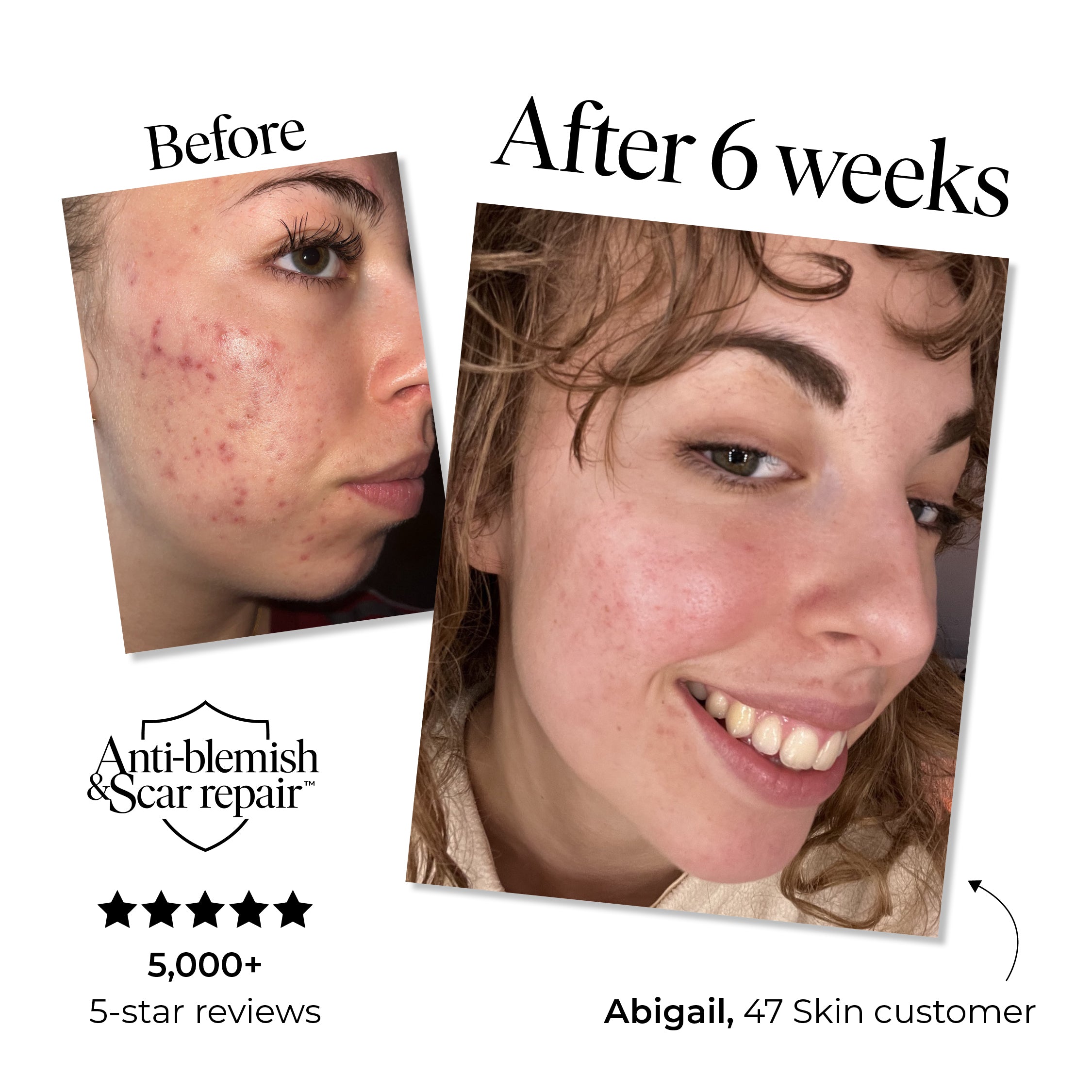
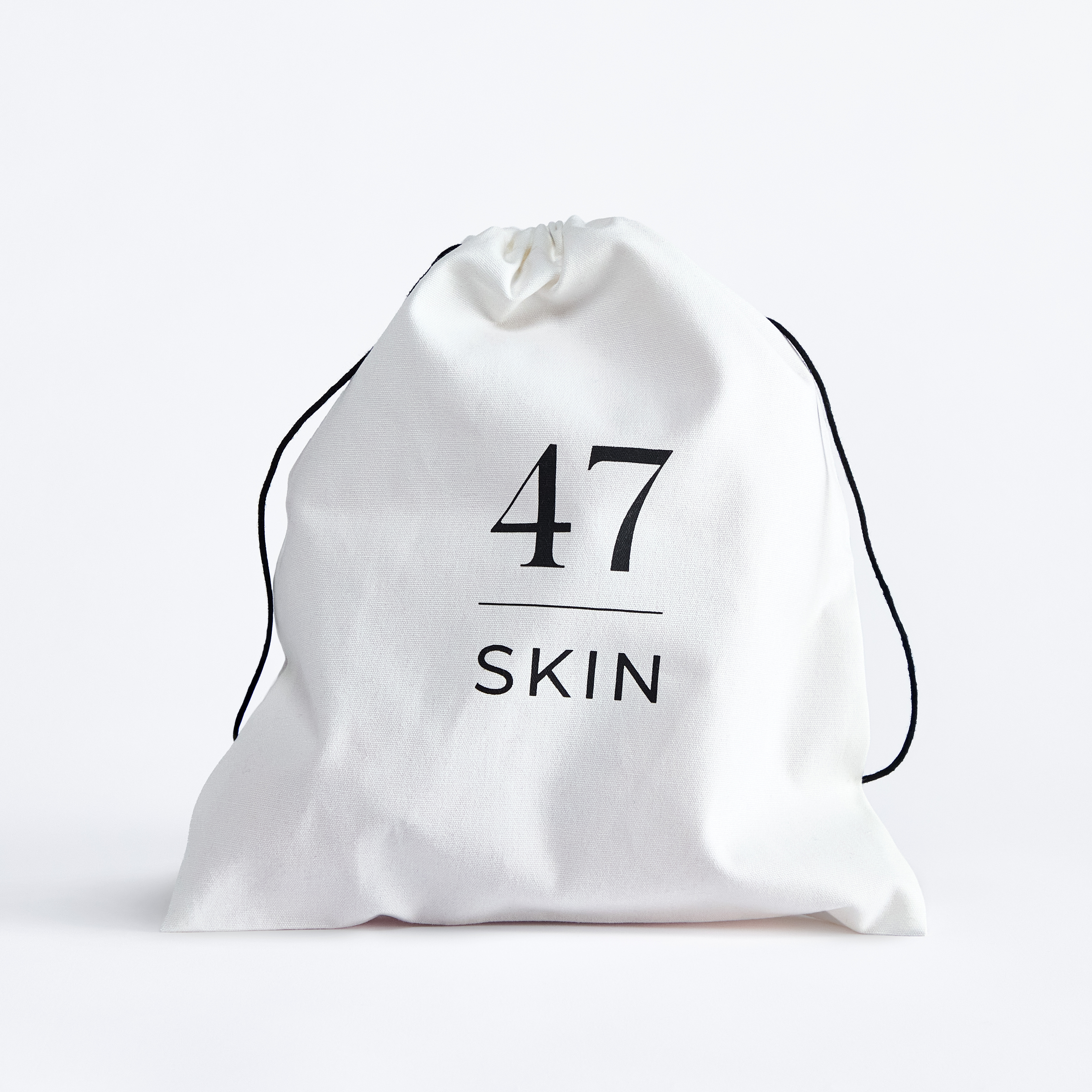
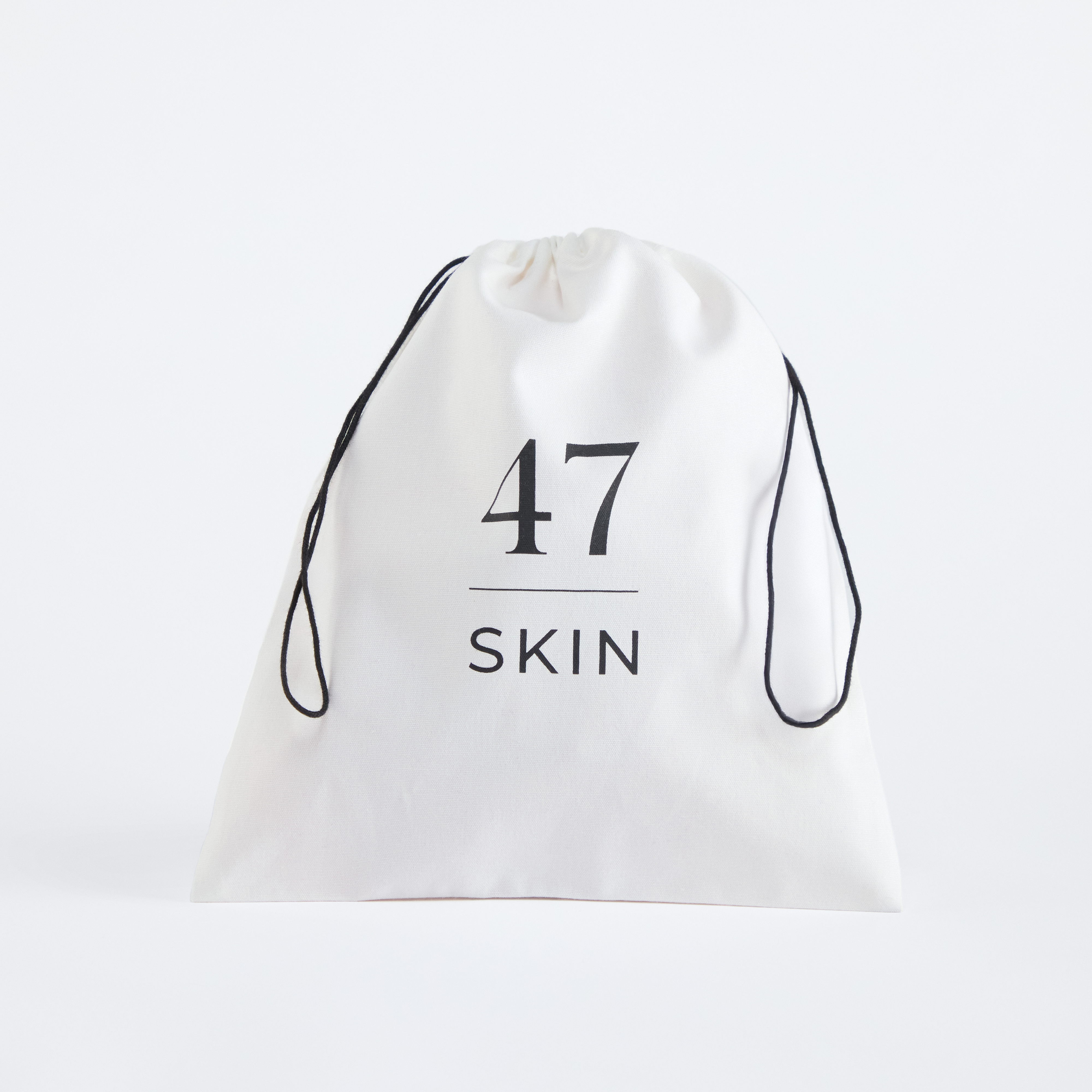
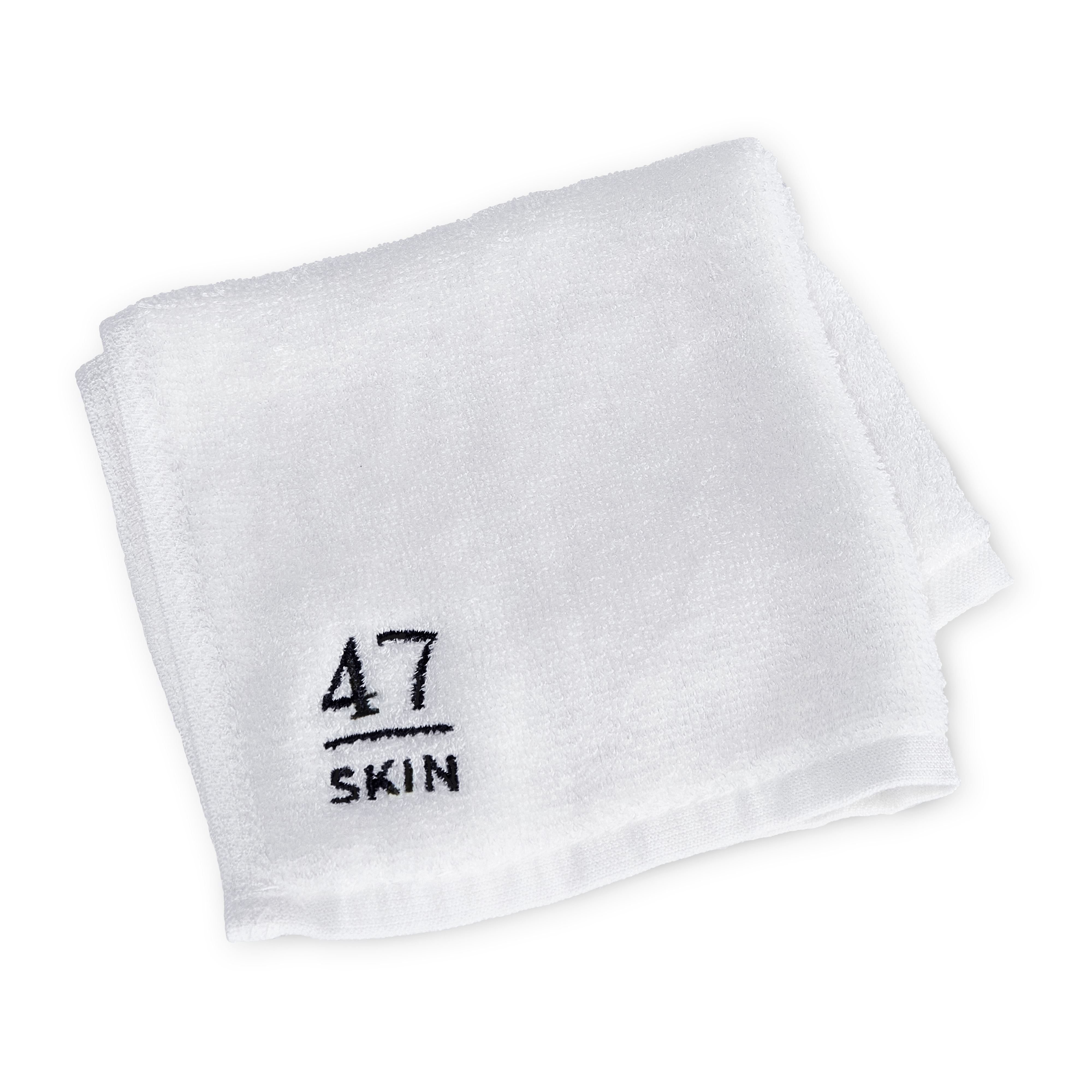




/a4d12369f444459184c2537b01d03e12/becca-hoddinott-e4757f3c-de05-4dcb-9a1b-b47f558194f3.jpeg)

